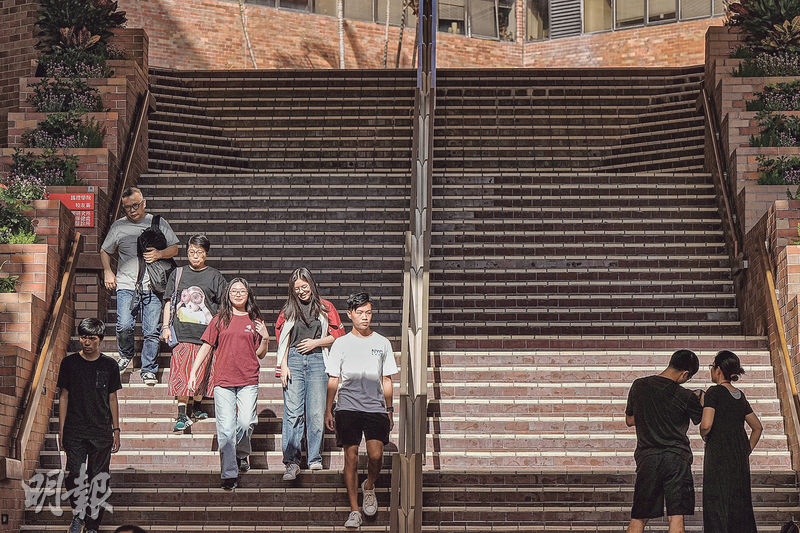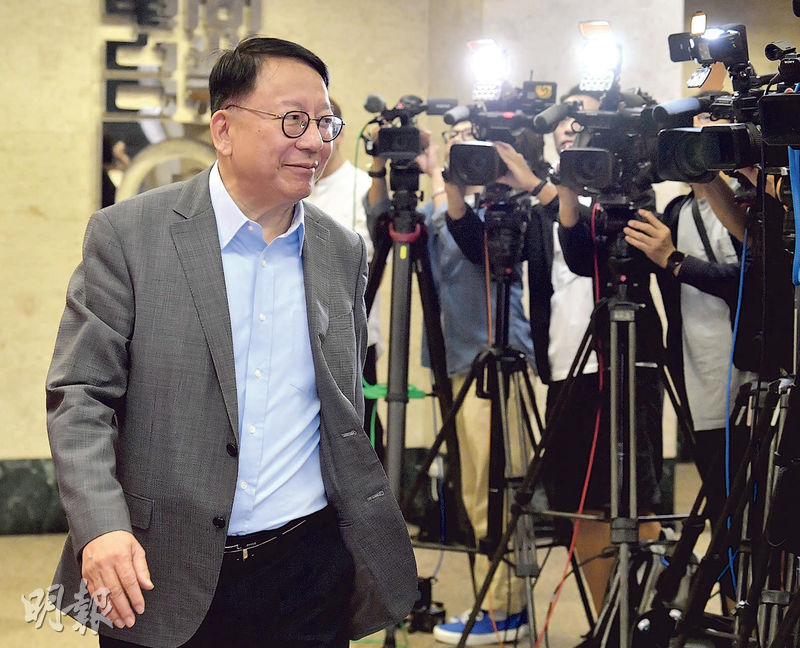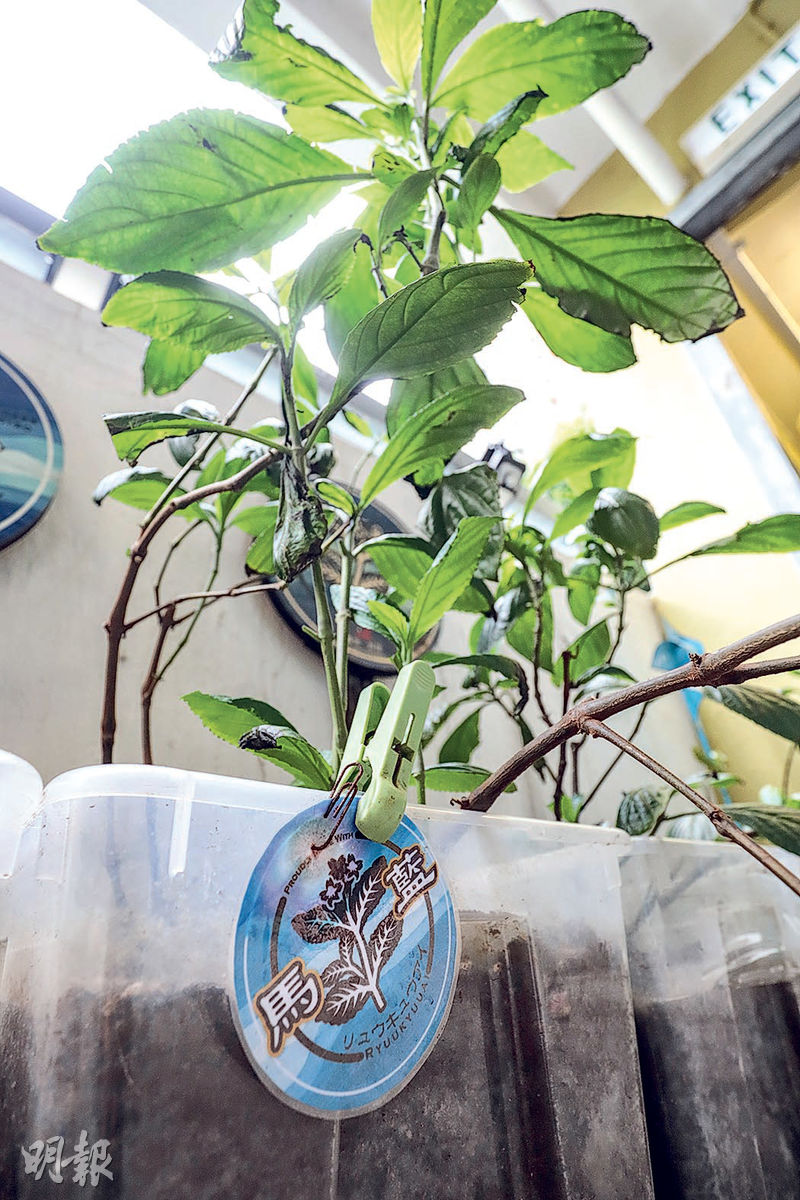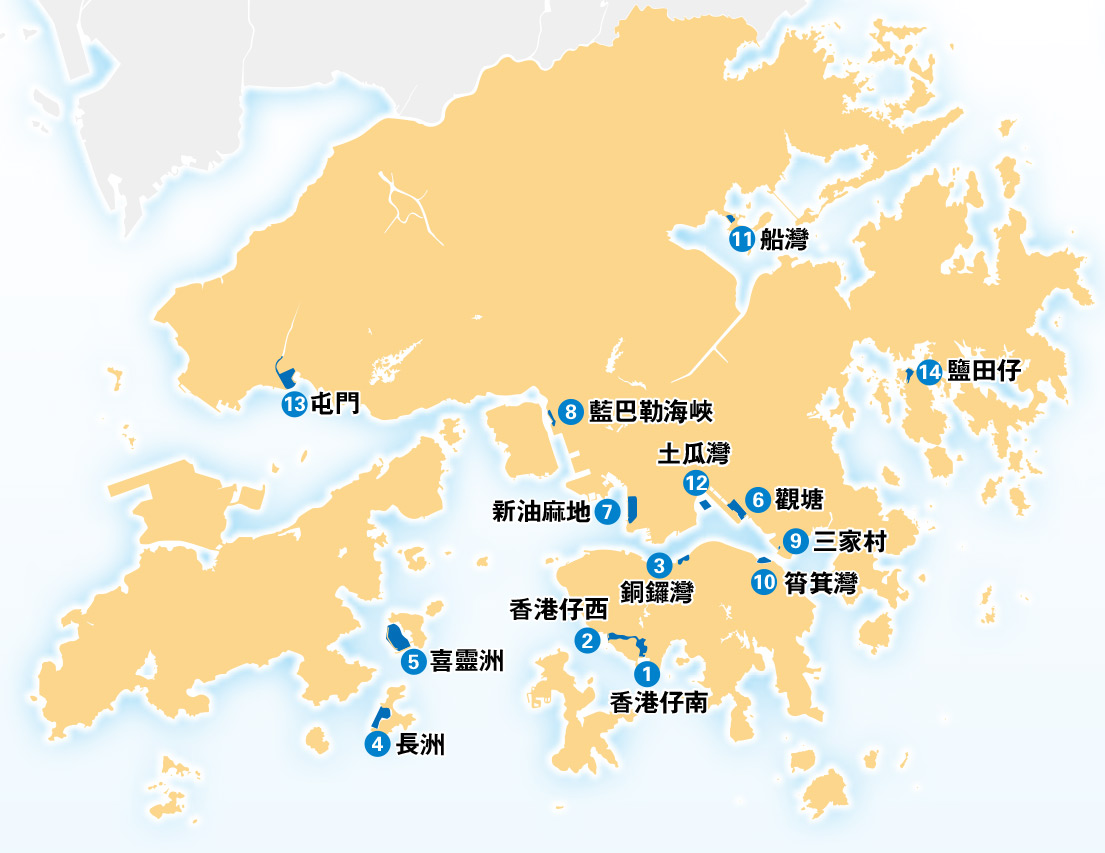英譯概念:Information literacy
【明報專訊】■News summary
The Center for Child Development (CCD) at Hong Kong Baptist University (HKBU) has published a textbook entitled Teaching News Literacy and Critical Thinking in the Digital Age and distributed it to secondary schools in the city. An interactive learning mobile app called "Smart News Rookies" has also been launched to promote news literacy education among junior secondary students.
According to HKBU, the textbook introduces essential news literacy concepts, such as news values, identification of misinformation on social media, critical thinking in news and privacy protection. With a series of real-life examples and interactive exercises, the textbook aims to bring news literacy training to secondary education, and helps teachers and students acquire the necessary skills to navigate and take control of the news they may come across in the complex news environment and digital landscape.
The project was led by Dr Kelly Ku, Associate Professor of the Department of Education Studies at HKBU, said that she believed that the textbook and app will be useful in enhancing students' awareness of the information environment online, such as identifying fake news on social media.
Since 2020, the team has organized a series of news literacy training workshops for 370 students from 7 secondary schools. To evaluate the effectiveness of the training, the team conducted a research study on over a hundred participating students. The findings showed that the students significantly increased their awareness of fake news and were less likely to believe fake news after finishing the learning workshops.
■Mock examination question
What roles can different stakeholders play in enhancing citizens' information literacy? Explain your answer. (6 marks)
■Suggested answer
① Government: educators
The government can play the role of educator and enhance citizens' information literacy capabilities through public education and school education. The government can, for example, set up websites, organize community activities or incorporate information literacy content into the curriculum of primary and secondary education. This way, citizens and students know how to identify the source of information and pay attention to data privacy when using social media.
② Social media platforms: gatekeepers
Social media platforms can act as gatekeepers. There are different kinds of information on social media platforms, some is true and some is false. Each social media platform can set up a censorship mechanism to prevent false information from being posted. It can also label unverified or unreliable information to help citizens distinguish between true and false information.
③ The media: information publishers
The media can play the role of the publisher of information. In addition to being the fourth estate to monitor the government, the media also has social responsibilities. They must conduct careful fact checks before reporting to ensure the accuracy of the reported content, so that the public can obtain reliable information. If there is false news circulating in the society, the media also has the responsibility to provide clarifying reports to help the public understand the truth.
(本刊刊出的文章若提出批評,旨在指出相關制度、政策或措施存在錯誤或缺點,目的是促使矯正或消除這些錯誤或缺點,循合法途徑予以改善,絕無意圖煽動他人對政府或其他社群產生憎恨、不滿或敵意。)
[智學公民 第071期]










